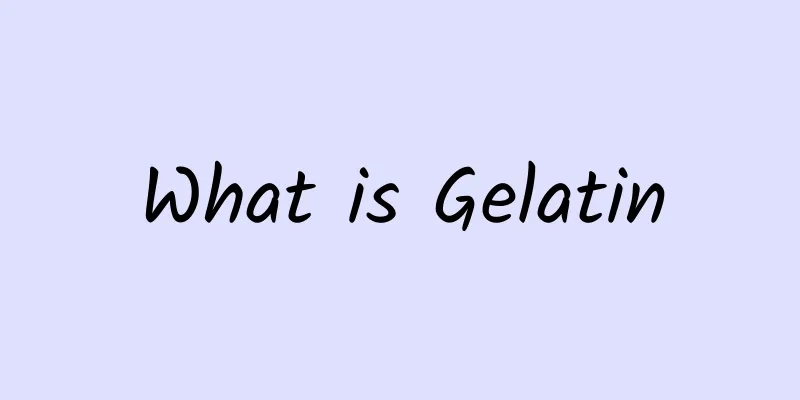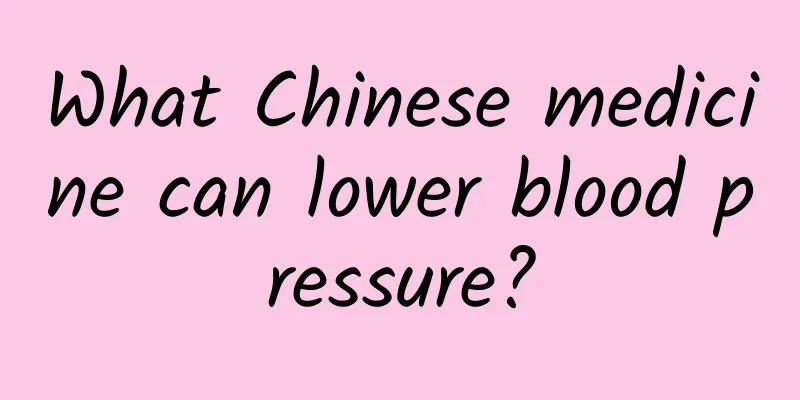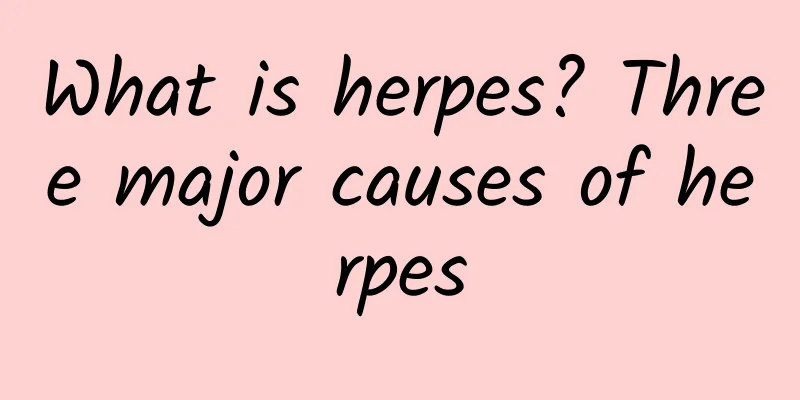What is Gelatin

|
Gelatin is not glue used to stick things together, it is a substance that can be added to food and medicine. For example, it can be found in the jelly that people often eat and some desserts. Of course, if you don’t make it yourself, you won’t know its existence. Many people wonder what gelatin is when they hear the word. In fact, in addition to being added to food and medicine as mentioned above, gelatin has many other applications. It can be said that it has a wide range of uses. Gelatin can be seen everywhere in people's lives, but people don't know what it is. So today I will tell you what gelatin is. We also need to let everyone understand the substance gelatin. Gelatin: A water-soluble protein mixture produced by partial hydrolysis of collagen in skin, ligaments and tendons with acid or alkali or by boiling in water. It is colorless or slightly yellowish transparent in the form of crisp flakes or coarse powder. It swells in water at 35-40°C to form a gel (containing 5-10 times its own weight in water). It is a nutritionally incomplete protein that lacks certain essential amino acids, especially tryptophan. It is widely used in food and in the production of adhesives, photographic films, filters, etc. Commonly used to make jellies and other desserts, it is made from boiled animal bones, skin and tendons. One alternative is agar-agar, made from seaweed; another is made from kudzu root. Agar-agar sold generally comes in noodle-like strips, powder, long blocks, and is often off-white in color. Edible gelatin can be used in medical soft and hard capsules, surgical dressings, hemostatic sponges, aspic, food additives, canned food, candy, ice cream, ham, jelly, soda suspension, test agents, starch, ice cream and other food industries, and complies with the national standard GB6783-94. Pharmaceutical gelatin is mainly used as raw material for soft and hard capsules and tablet coatings. Industrial gelatin is mainly used in plywood, gauze, sand and gravel, printing, adhesives, etc. It is widely used in textile, printing, dyeing, plastic, electronics, national defense, aviation, emery cloth, sandpaper, matches, ink, rubber filler, handicraft paste, wooden furniture, leather polishing, dyeing and weaving sizing, metallurgical plating solution, banknote coating, cosmetic hairspray, and other industries and departments. Among them are low-viscosity and low-ash industrial gelatin used to extract hydrolyzed animal protein and industrial gelatin specifically used as feed additives. From the above description, we can see that gelatin is a mixed substance, and its uses are very wide. Basically, it can be used in anything in life. Of course, it should be said here that since gelatin is allowed to be added to food, it is naturally harmless to the body, so you can rest assured. |
<<: What does femur length mean?
>>: What to do if you have memory loss
Recommend
What causes lower back pain in women?
The health of the waist is easily overlooked by ma...
What are the side effects of Huangyaozi?
Dioscorea bulbifera, also known as Vernicia cinna...
Hot forehead but no fever
Some people feel their forehead is hot but they d...
The most basic symptoms of encephalitis in infants and young children
Infants and young children are a group with a hig...
How to reduce the nose wings more effectively?
Many people have relatively large nose wings, whi...
What to do if you vomit when drinking water during pregnancy
In the early stages of pregnancy, pregnant women&...
What can pregnant women eat to clear away heat and detoxify? Can pregnant women eat bitter melon?
Many pregnant women always lose their temper for ...
What are the Chinese herbal tea recipes?
Chinese herbal tea is more of a health-care tea, ...
How many types of clinical symptoms are there for dermatitis?
Psoriasis is a common skin disease in life. This ...
What medicine should I take for bladder spasms?
Medically, bladder spasm refers to the contractio...
What is the cause of the pain in the left side of the waist?
The waist is a part that we are very familiar wit...
Can the root of rattan be taken for a long time?
Although smart technology is changing faster and ...
What causes pain on the left side of the pelvis?
Many women experience pain on the left side of th...
What are the benefits of drinking lantern grass soaked in water?
Lantern grass is a traditional Chinese medicine. ...
What is chemical liver injury?
The liver is one of the most important organs in ...









